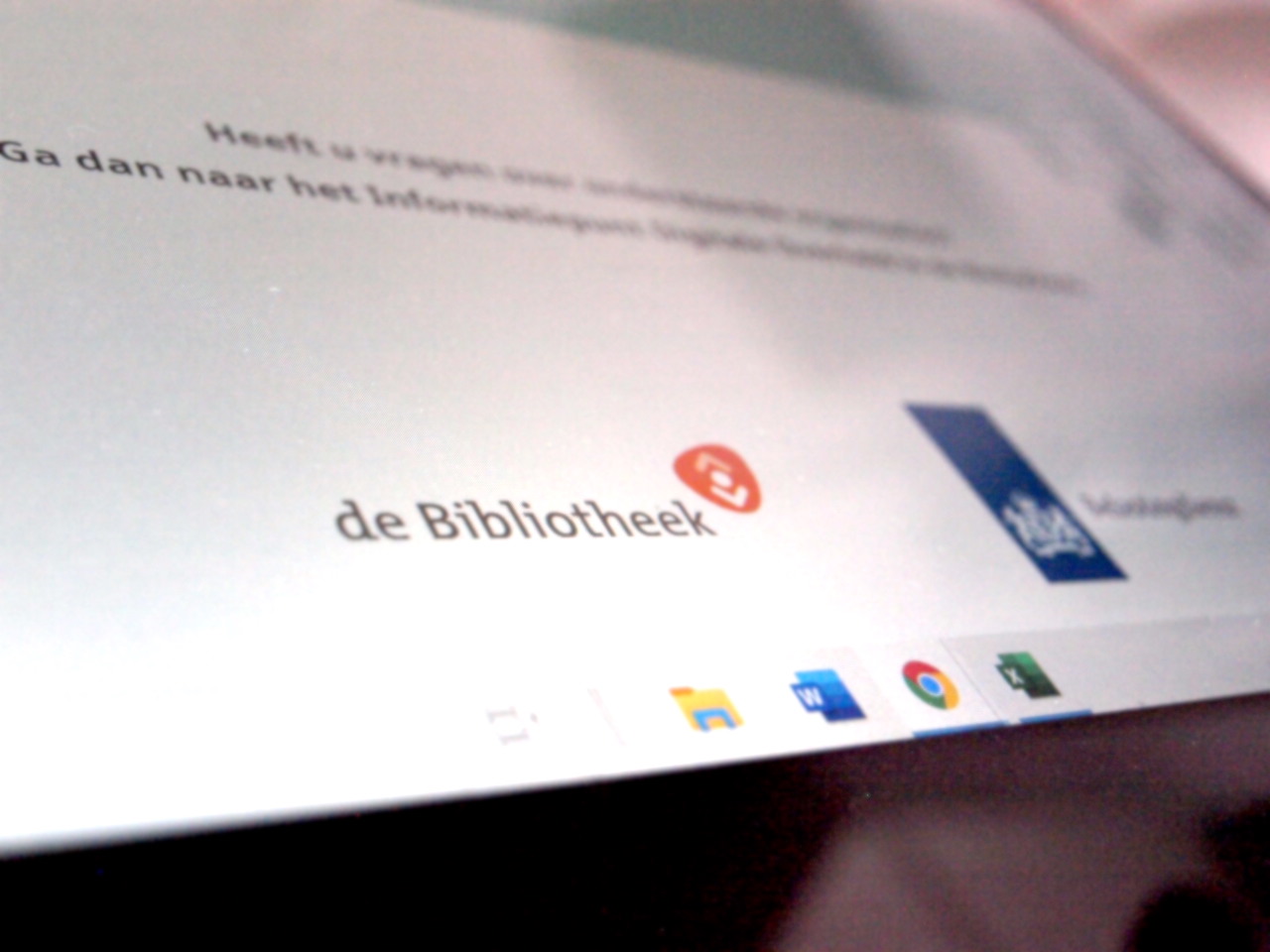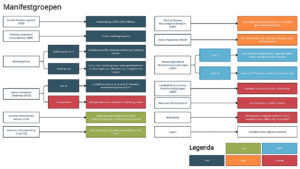How can we increase digital literacy among citizens so they can participate in an increasingly digital society? In the project Digital literacy in the public library: Promoting digital inclusion and participation, the University of Groningen, Erasmus University Rotterdam and Open University together with the Royal Library (KB), the Manifestgroep, and several local libraries (Library Rotterdam, Biblionet Groningen and Library Venlo) are trying to find a solution to this important societal challenge.
This interdisciplinary scientific project is a collaboration between three program lines in the VSNU program The Digital Society: Citizenship & Democracy, Smart Cities & Communities, and Learning & Education. The researchers involved bring complementary expertise in media studies, audience ethnography, sociology and educational studies to study this multifaceted problem.
Project Info
The ability to handle ICT has become an increasingly important prerequisite for citizens to participate in the digital society. Governments increasingly expect people to communicate online, for example, to apply for rent subsidies, renew their ID or apply for unemployment benefits. However, an estimated 2.5 million Dutch people lack digital literacy and are thus at risk of exclusion. Moreover, this group is difficult to reach through formal education. To create an inclusive society in which everyone can participate, people need ICT skills, as well as the ability to evaluate information, communicate online and understand the implications of (their) online behavior. To change this, the Royal Library and eight government organizations (“Manifest Group”) initiated the program “Digital inclusion, supporting vulnerable target groups” (2019). Fifteen frontline libraries make citizens self-reliant by hosting walk-in clinics and referring them to courses. Currently, however, few of these visitors participate in these courses, which could help them develop the necessary skills to use e-government services independently in the future. This hinders their participation in digital society.
The knowledge gained from this research deepens the understanding of how to increase digital literacy among adults and how to lower barriers to participate in non-formal education. It also informs governments and libraries how to increase the reach of their digital literacy programs.
Specifically, the study examines:
- What do digitally low literate adults expect from digital literacy programs?
- What are the barriers that prevent participation in these activities?
- How can the library increase participation in these programs?
During October and early November 2020, weekly ethnographic observations were conducted during the walk-in hours of the new Digital Inclusion program. These took place at three libraries in a large, medium and small city in the Netherlands: Rotterdam, Venlo and Stadskanaal. In combination with these observations, semi-structured in-depth interviews were conducted with library staff and digitally low literate citizens of various ages, gender and ethnic backgrounds.
Scientific Results
The results of this project are shared in the report “Digital Literacy in the Library: Promoting Digital Inclusion and Participation. The report can be downloaded using the following link: Final Report Digital Literacy in the Library
Practical
The study provides theoretical insights into the digital literacy of the Dutch, as well as practical guidance for the library and its staff. This includes advice about the Digital Government Information Point, the importance of these information points and experiences with them from libraries themselves.
In addition, the report focusses on further information about the duties of libraries. In the library, people can be helped through the Klik & Tik or Digisterker computer course. Yet people often have other questions about online issues related to government. That’s why the library has the Digital Government Information Point (IDO) where people can ask questions, for example, about applying for a DigiD, taxes, healthcare, study, driver’s license and work or benefits. Within the digital inclusion program, there are a number of public service providers that libraries work with. These are parties referred to within the Digital Government Information Point (IDO). These parties are united as Manifest Group to carry out tasks on behalf of the government. A useful overview of these parties and their tasks can be found in the image below.
You can also watch these videos from the Royal Library about the Digital Government Information Point and the Click and Tap course.
Partners
This research was created through a collaboration of the University of Groningen, Erasmus University Rotterdam, the Open University and Digital Society. The following researchers were involved in this project:
Prof.dr. Marcel Broersma
Prof.dr. Liesbet van Zoonen
Dr. Jiska Engelbert
Dr. Joëlle Swart
Dr. Aodhán Kelly
Maud Rebergen MA
Lucy Frowijn MA
Miyabi Babasaki MSc
Romy Roomans BA
Rhanna Haverkort MSc
The project was supported by the following partners:
- The Dutch Royal Library (KB)
- Biblionet Groningen, Rotterdam & Venlo
Contact
For questions, comments and other things related to the project Digital Literacy in the Public Library: Promoting Digital Inclusion and Participation please email digitalinclusionlab@rug.nl.

